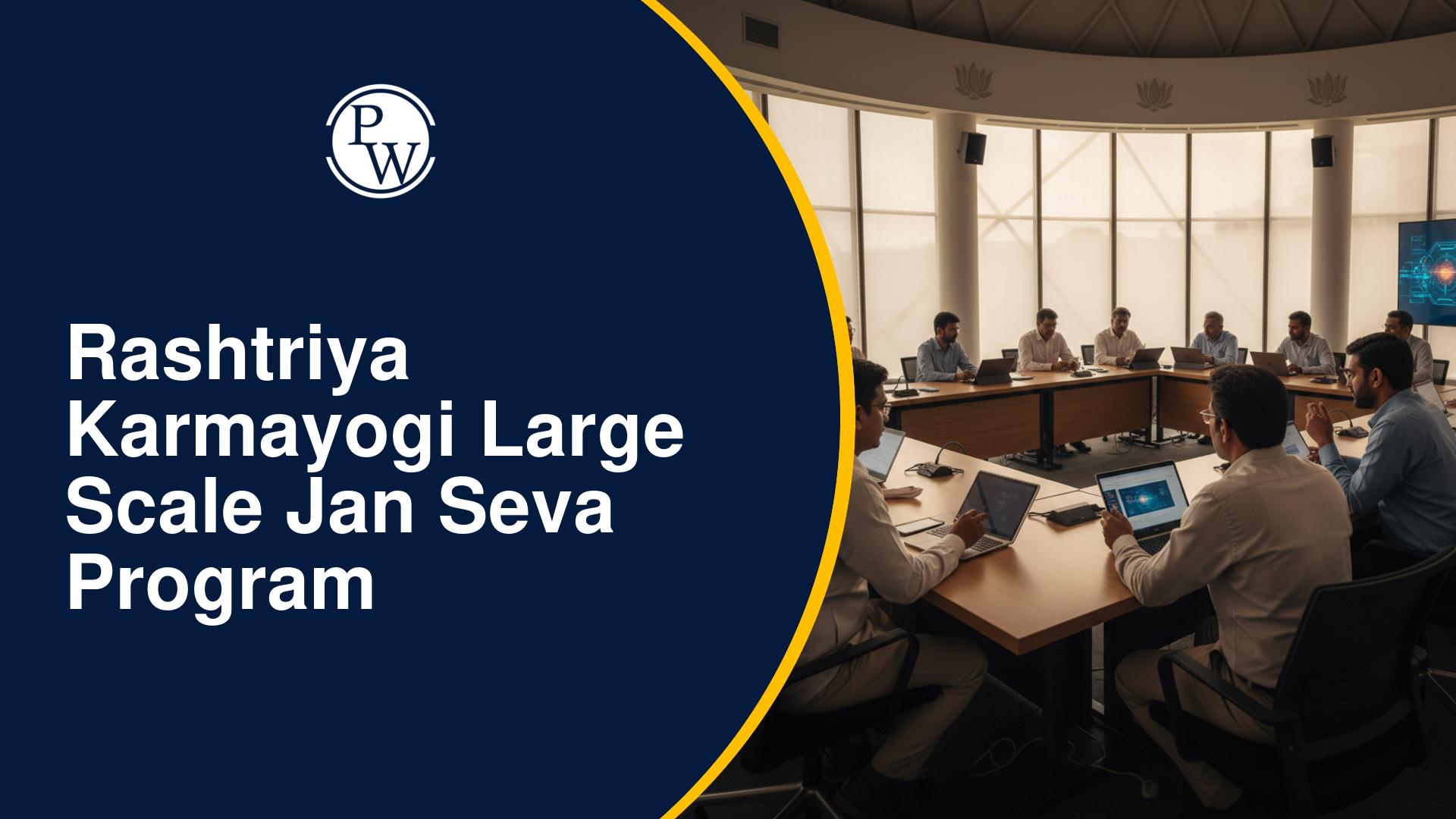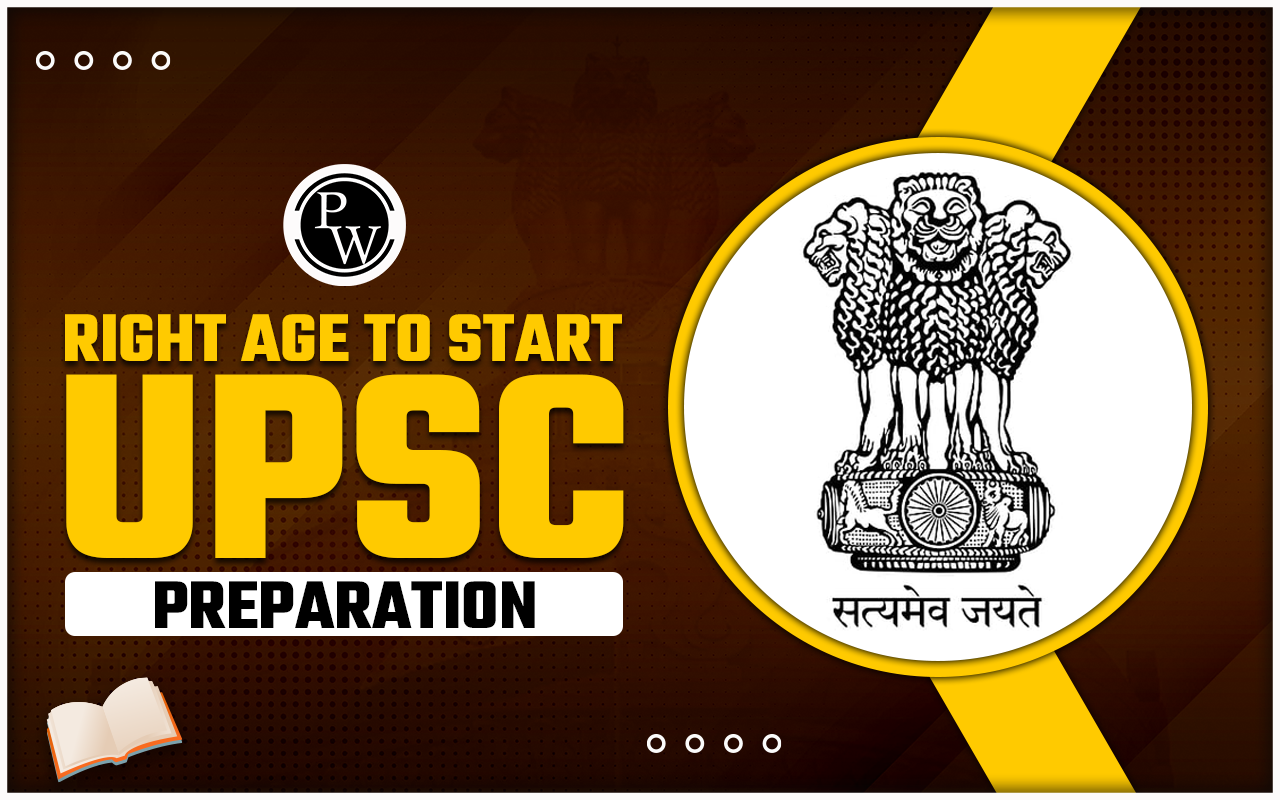
National Technology Day is celebrated every year on May 11 to commemorate one of the most defining moments in India's scientific and technological history. It serves as a tribute to the relentless contributions of Indian scientists, engineers, researchers, and technologists who have played a key role in strengthening the nation’s scientific and defence capabilities.
National Technology Day 2025 holds special importance due to the successful Pokhran nuclear tests, also known as Operation Shakti, conducted on May 11, 1998, which marked India’s emergence as a nuclear power. Since 1999, National Technology Day has been observed with great enthusiasm across the country.
National Technology Day 2025
National Technology Day 2025 celebrates the spirit of innovation and technological excellence in India. It commemorates significant technological breakthroughs that occurred on May 11, 1998, including:
-
The successful nuclear tests at Pokhran.
-
The maiden flight of Hansa-3, an indigenous aircraft.
-
The successful test of the Trishul missile, a short-range surface-to-air missile.
Also Read: Important National and International Days 2025
Recognising the convergence of these achievements, the former Prime Minister Atal Bihari Vajpayee declared May 11 as National Technology Day. Since then, the Technology Development Board (TDB) under the Department of Science and Technology (DST) has celebrated the day by organising award ceremonies, innovation showcases, and scientific discussions.
|
National Technology Day 2025 Overview |
|
|
Aspect |
Details |
|
Event Name |
National Technology Day 2025 |
|
Date |
May 11, 2025 |
|
Day |
Sunday |
|
Significance |
Commemorates India's technological achievements, especially the 1998 Pokhran nuclear tests |
|
First Observed |
1999 |
|
Primary Focus |
Honouring the contributions of scientists, researchers, and engineers in India’s technological progress |
|
Organizing Body |
Technology Development Board (TDB), Department of Science and Technology |
|
Major Highlights |
Awards to scientists, seminars, exhibitions, and workshops |
|
Historical Reference |
Operation Shakti nuclear tests, Trishul missile test, Hansa-3 aircraft flight |
|
National Technology Day 2025 Theme |
To be announced (Expected soon) |
|
Associated Events |
Operation Shakti (Pokhran-II), Smiling Buddha (1974) |
Theme of National Technology Day 2025
The National Technology Day 2025 theme has not been officially announced yet by the TDB, but it is expected to focus on sustainability, innovation, and self-reliance in alignment with India’s long-term technological vision. The theme usually reflects contemporary global and national issues while encouraging scientific advancement.
National Technology Day 2025 Celebration
National Technology Day is celebrated to commemorate India’s landmark achievements in science and technology, especially the successful nuclear tests conducted in 1998. It serves as a reminder of India's growing self-reliance and innovation in critical technological domains.
Key reasons why National Technology Day is celebrated include:
-
Commemoration of Operation Shakti: To celebrate the successful nuclear tests conducted at Pokhran on May 11 and May 13, 1998, under the leadership of Dr. A.P.J. Abdul Kalam and Dr. R. Chidambaram.
-
Recognition of Scientific Excellence: To honour the efforts of Indian scientists, engineers, and researchers who contributed to technological and defence advancements.
-
Celebration of Indigenous Innovation: To acknowledge achievements like the test flight of the Hansa-3 aircraft and the successful trial of the Trishul missile, both conducted on the same day in 1998.
-
Promotion of Technological Growth: To encourage innovation, research, and development across sectors contributing to national progress.
-
Inspiration for Youth: To motivate young minds to engage in scientific thinking, innovation, and nation-building through technology.
Also Read: Important Days in May 2025 International and National
The upcoming National Technology Day 2025 will be observed on May 11, 2025. As always, the occasion will witness events organised by the Technology Development Board, scientific institutions, and educational organisations across India. Awards and recognitions will be granted to innovators and researchers who have made significant contributions to the nation's technological landscape.
Operation Shakti
On May 11, 1998, India conducted a series of underground nuclear tests under Operation Shakti at the Pokhran Test Range in Rajasthan. This event transformed India’s strategic and scientific status globally.
Timeline of Operation Shakti
-
May 11, 1998: India detonated three nuclear bombs—one thermonuclear (fusion) and two fission devices.
-
May 13, 1998: Two additional fission devices were tested.
These tests were India’s second nuclear venture after the first test code-named “Smiling Buddha” in 1974. With Operation Shakti, India joined the elite group of nuclear-armed nations, becoming the sixth country to officially possess nuclear weapons.
Key Scientists Behind the Tests
-
Dr. A.P.J. Abdul Kalam: Then scientific adviser to the Prime Minister and head of the DRDO.
-
Dr. R. Chidambaram: Chairman of the Atomic Energy Commission.
The tests were conducted under high secrecy to avoid detection by global intelligence agencies, especially the CIA. The 58th Engineer Regiment of the Indian Army played a crucial role in concealing the test preparations from surveillance satellites.
Smiling Buddha (India’s First Nuclear Test)
Before Operation Shakti, India’s first nuclear test, Smiling Buddha, was conducted on May 18, 1974, at the same Pokhran site. While it was presented as a peaceful nuclear explosion, it laid the foundation for India’s future in nuclear technology and defence research.
Scientific and Technological Achievements
National Technology Day 2025 celebrates more than nuclear success. The events of May 11, 1998, demonstrate India’s broad scientific accomplishments:
-
Hansa-3: A light, trainer aircraft developed by NAL (National Aerospace Laboratories) for pilot training and surveillance.
-
Trishul Missile: Part of India’s Integrated Guided Missile Development Programme (IGMDP), it was a short-range, quick-reaction surface-to-air missile.
These breakthroughs are a testament to the spirit of Indian innovation and engineering excellence.
Scientific and Technological Significance
The success of Operation Shakti and other technological milestones on May 11, 1998, showcased India’s:
-
Indigenous capabilities in nuclear weapons development.
-
Advanced research in physics, engineering, and defence technology.
-
Strategic readiness in terms of security and self-reliance.
-
Technological innovation under constraints like international sanctions.
Strategic Implications
Operation Shakti sent a strong message about India’s strategic autonomy. It strengthened India's commitment to:
-
National security and defence.
-
A no-first-use nuclear policy.
-
Peace through strength.
Despite facing sanctions from global powers such as the United States and Japan, India’s resolve and scientific integrity gained global recognition over time. It led to a recalibration of international diplomatic relations, with India being increasingly acknowledged as a responsible nuclear state.
Impact on Global Politics
The Pokhran nuclear tests drew global attention. While countries like the U.S., Japan, and others imposed sanctions on India, they also recognised India’s emerging technological and geopolitical significance. The tests shifted India’s diplomatic standing and brought nuclear non-proliferation debates into global discourse.
Despite international criticism, India upheld its no-first-use nuclear policy and continued to support global nuclear disarmament.
Conclusion
National Technology Day stands as a powerful reminder of India’s scientific courage, technological innovation, and strategic foresight. It honours the brilliant minds behind India’s journey to becoming a technologically advanced and strategically autonomous nation. As National Technology Day 2025 approaches, it offers an opportunity to reflect on past achievements and inspire future generations to push the boundaries of innovation.
Are you preparing for UPSC? Explore PW UPSC Courses to stay updated with key national events like National Technology Day and historical milestones like Operation Shakti!
| Related Post | ||
| UPSC CSAT Online Coaching | UPSC Syllabus 2025 | UPSC CSAT 2025 |
| UPSC Syllabus In Hindi | UPSC Previous Year Question Paper | UPSC CSAT Formula |
National Technology Day 2025 FAQs
What is National Technology Day?
Why is National Technology Day celebrated?
What is the theme of National Technology Day 2025?
What were the Pokhran nuclear tests?
What is Operation Shakti?
What is Smiling Buddha in Indian nuclear history?

UPSC Coaching









